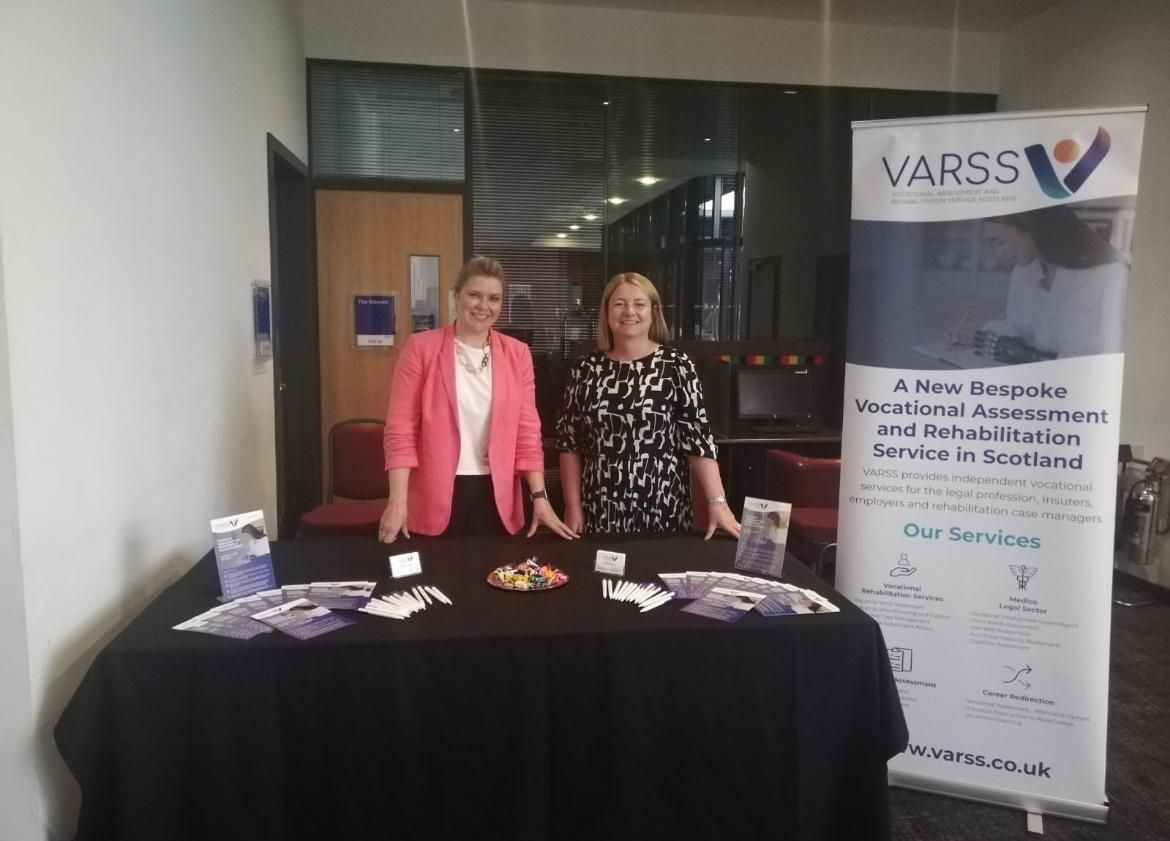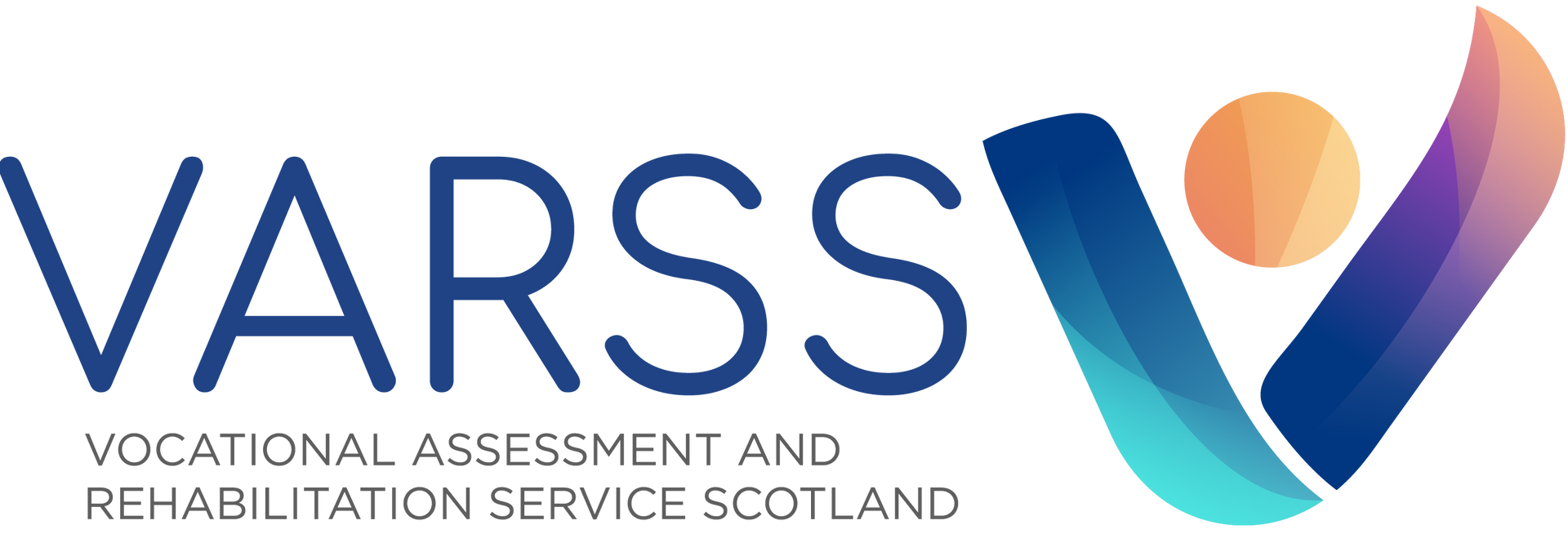NR Times learns more about VARSS
Lynne Atkinson and Susanne Crichton from Vocational Assessment and Rehabilitation Service Scotland (VARSS) tell NR Times more about their offering and how they support individuals through vocational case management to rebuild lives and regain independence

Can you please describe your service
VARSS provides vocational assessment and case management to support people with injury / ill health to remain in or return to some form of meaningful occupation. We advocate for early intervention, where possible, to maximise work readiness and can also support transitions into new paid / unpaid roles including work and study options, where required.
Please share your background and route into vocational case management
Susanne – I qualified as an occupational therapist in 1990 and spent most of my career in NHS working in rehabilitation services. I moved into vocational assessment and rehab in 2016 and have never looked back.
Lynne – I graduated with a psychology degree in 1998 and began working within supported employment in the voluntary sector. Over the years, I have specialised in working with people with an acquired brain injury. I have delivered vocational rehabilitation and case management within the private, public and voluntary sectors and since 2021, I have provided expert witness reports within the medico-legal field.
How vital a role does vocational case management play in the rehabilitation process?
It’s well documented that being in good work is good for your health1 so it’s no surprise that supporting a client to return to some form of meaningful occupation is likely to have a knock on positive impact on the rest of their rehabilitation and recovery. The key to ‘good’ work is a supportive and safe working environment and therefore having a case manager who is confident and knowledgeable, not only with the clinical impacts of a case but also about the work environment and legislation who is skilled in articulating and advocating these is beneficial to everyone.
What should someone look for in appointing a vocational case manager?
Susanne – When I moved into vocational rehab and case management I found having a wide breadth and depth of clinical knowledge was helpful to build on because every case is so different to the next and a client rarely comes with just one specific issue. As the world of health and work is full of variety and complexity enhancing skills in the field, beyond your professional qualification, is always beneficial. For example, I have completed additional training in functional capacity evaluations, work place assessments, transferable skills and vocational profiling and workplace mediation.
Having an additional accreditation such as Certified Disability Management Professional2 (CDMP) is also important, We can demonstrate our continuing professional development in the field of vocational case management by maintaining accreditation through annual revalidation process.
Having excellent communication skills is also vital, being able to build a therapeutic relationship with the client at a time when they are feeling particularly vulnerable is so important. Being listened to and understood is the foundation of a successful working relationship.
Please describe your way of working and how you work collaboratively with other services
Working in collaboration with the key stakeholders involved in the case is vital to the success of the vocational rehabilitation plan; keeping everyone updated and ensuring they are clear about their roles and responsibilities and maintaining good communication is fundamental.
Each client is provided with personalised work focused interventions which aims to focus on what a client can do rather than what they can’t. It often involves getting to really know the person and what are the important roles and values they have now and for the future.
A vocational rehabilitation plan often involves engaging with other services and individuals e.g. employers, colleagues, healthcare providers, statutory services like Access to Work3 etc to facilitate a sustainable work environment. . Collaboration can mean working together with others or on occasions it can involve the vocational case manager taking an advocacy role for the client especially if assertion of worker / equality rights is required.
Can you share an example of a particularly successful outcome for a client Return to Work
Ms D, 52 yrs old, is a full time administrator in IT company. Ms D suffered a sub arachnoid hemorrhage (SAH). Her rehabilitation progressed well and she was able to walk with a stick indoors and elbow crutches outdoors, she had some residual communication issues (word finding difficulties, slurred speech) reduced concentration and working memory and reduced power and grip in left hand. All symptoms exacerbated with fatigue which she was regularly experiencing. She was absent from work for eight months.
Key challenges for return to work included: two bus commute to workplace, role involved lifting and carrying broken IT equipment between rooms, work IT systems had changed since absence, manager and colleagues did not understand the impacts of SAH.
Voc plan: assess function against the demands of role, identify need for adaptations to role, increase awareness of SAH in workplace, support client with symptom management, particularly around fatigue management, explore welfare benefits to support reduction in hours.
Outcome: Client returned to work on a part time basis – income supported by benefits.
Vocational case manager offered education sessions to employer and colleagues to increase awareness of SAH, the specific impacts on Ms D and suggested work adjustments.
Ms D was allowed to work predominantly from home – to reduce commute and manage fatigue, she was allowed additional time for integration back into work and use of new systems – to accommodate reduced concentration and memory, fatigue pacing. When in work she has been provided with a trolley to move broken IT equipment – support for mobility and reduce need to lift and carry with reduced grip.
Can you share an example of how you have overcome a challenge with vocational rehabilitation
In our experience one of the biggest challenges is supporting someone with a ‘hidden’ conditions or symptom like reduced cognitive function or fatigue. It can be so debilitating and require lots of workplace adjustments despite the person often “looking fine”. In these situations the focus is often about education for both the client, who has to appropriately manage their condition in a work environment, and the employer / colleagues who need to understand why the client requires adjustments and the potential negative impact of not providing these in the workplace.
We offer training to colleagues and co-workers about hidden disabilities such as brain injury, this can be really beneficial in ensuring support strategies are understood and can minimise fears around doing or saying the “wrong thing”. It also helps everyone feel included in the plan and can often improves communication within a team.
Would you recommend a move into vocational case management? Is it suitable for anyone with a case management background? What specialist skills do you need?
If you have a breadth and depth of clinical experience and want to work in a person centered solution focused environment, if you love variety and are willing to learn new things everyday then you are likely to enjoy vocational case management. We would recommend having some additional training in the specialty with CDMP as a minimum as the work environment brings with it lots of complexities which can be daunting to navigate without some background knowledge.
Why would you recommend your service in particular?
Having worked in vocational assessment and rehabilitation for many years it was becoming evident that vocational case management was not as readily available as it should be for those who needed it.
Within the medico-legal field, we were making recommendations for vocational rehabilitation programmes and it became apparent that many professionals were not aware of what this service was or how it could positively impact the lives of their clients. Creating VARSS was an opportunity to change that, to raise awareness of vocational case management and provide an accessible service across Scotland and beyond.
VARSS is built on the skills, expertise and passion of its vocational case managers, we are not only good at what we do – we love doing it!
Please can you share a fun fact about yourself?
Susanne – I volunteer as a trishaw pilot for Musselburgh Chapter of Cycling Without Age Scotland4 – providing rides around my local community to anyone with mobility difficulties. It clears the cobwebs, keeps me fit and I get some amazing chats along the way!
Lynne – As a busy working mum of three (and a rescue pup!) I have an amazing ability to spin plates! Growing up in the Orkney Islands, I was an active member of the Young Farmers and won many national competitions for speechmaking and debating…I still love to talk and share knowledge and experience – perfect for being a vocational case manager!
Read the full story click
here

